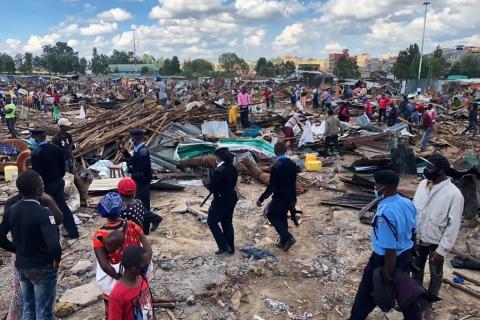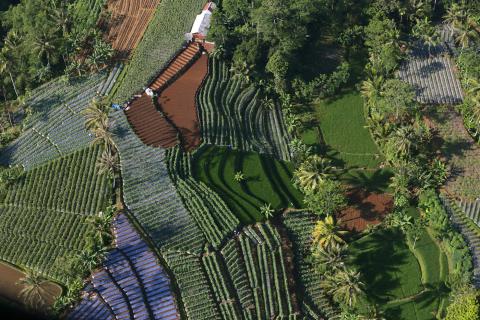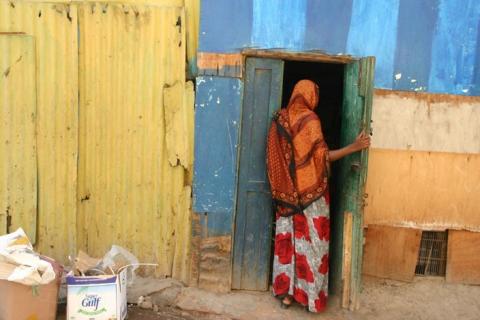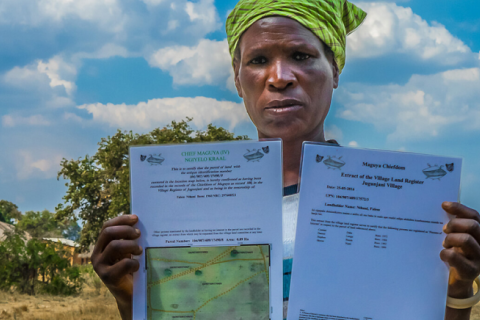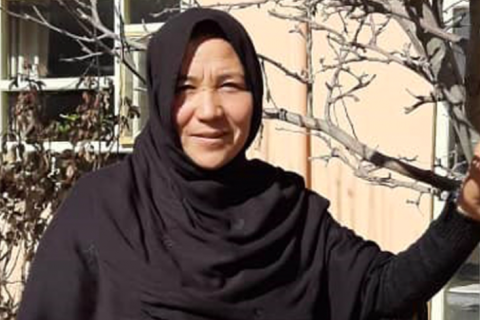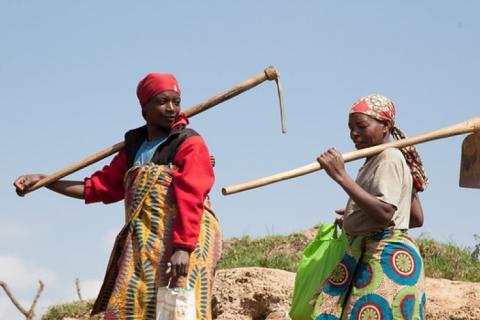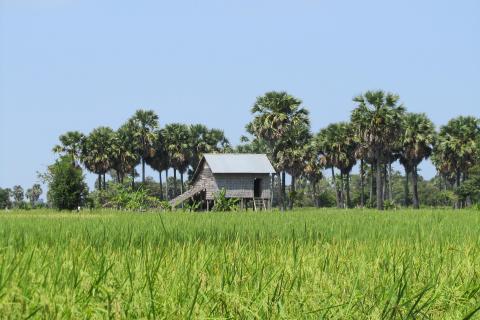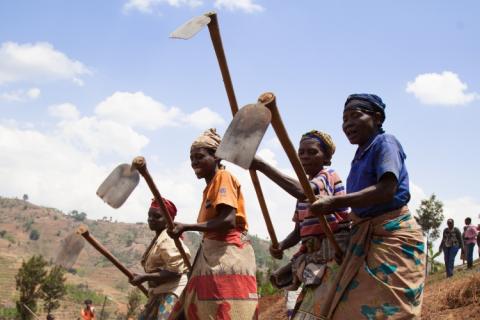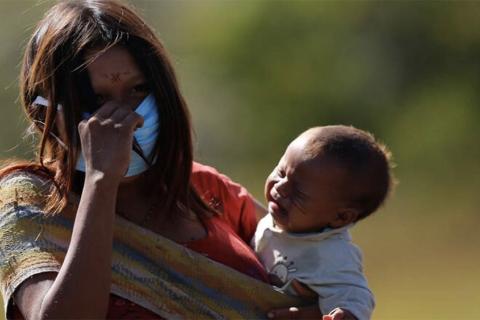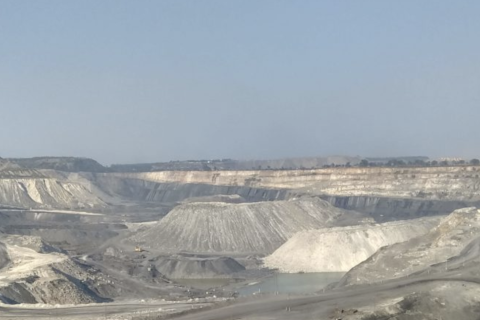What’s Love Got to do With It? The Voluntary Guidelines on Tenure, Ten Years Later
Almost ten years ago, global donors who were focused on the role of land and property rights in promoting economic growth, mitigating food insecurity, and addressing climate change issues, came together in a United Nations (UN) body to negotiate an international agreement for voluntary guidelines to strengthen and secure land rights.
6 Ways USAID is Investing in Women’s Land Rights
Secure land and resource rights are critical for household wellbeing and livelihoods in many developing countries, where land is the principal asset for the rural poor.
Women’s legal rights and gender gaps in property ownership in developing countries
On January 24, 2020, a quiet revolution happened in South Africa. In a landmark ruling in the Durban High Court, 72-year old Agnes Sithole scored a legal victory that not only provided her a share of her husband’s estate but may also help to protect an estimated 400,000 black elderly women in South Africa. Facing impoverishment when her marriage ended, Ms.
Five things to know about land property rights in East Asia and the Pacific
Earlier in the year Prindex – the first ever global measure of land and property rights – released its full 140-country dataset. The results are sobering. Almost 1 billion people around the world feel it is likely or very likely that they will lose their land or home within the next five years.
Land administration reform: part and parcel of an inclusive, resilient, and sustainable COVID-19 recovery
The impact of COVID-19 has been devastating around the world. In response, countries have put in place emergency measures to help their citizens and private firms weather the pandemic and recovery programs to boost the economy once the lockdown restrictions can ease.
Most developing economies do not have the fiscal space to implement broad recovery programs, as the revenues from key economic sectors have collapsed, expenditures to respond to the pandemic have escalated rapidly, and capital outflows have increased.
Latin America’s Indigenous and Afro-descendant women face a 'triple pandemic'
Many Latin American countries recognize the property rights of indigenous and Afro-descendant people, but those laws do little to protect women’s access to land
Latin America’s indigenous and Afro-descendant communities are facing not just one pandemic, but three. Women bear the brunt of them all, which threatens communities’ very survival.
Rethinking land for the 21st century
- The 21st century is seeing the impacts of modernisation of the previous century.


